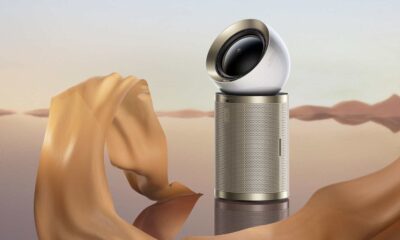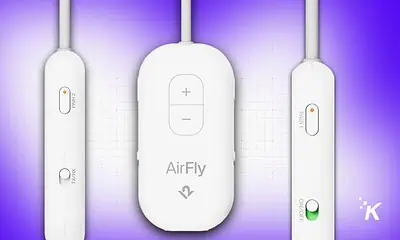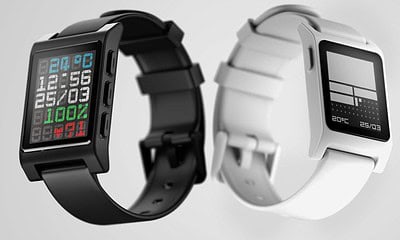Just a heads up, if you buy something through our links, we may get a small share of the sale. It’s one of the ways we keep the lights on here. Click here for more.
Google Glass was bad. They never got over that hump to impress consumers, and it’s probably a good thing they didn’t. They are annoying and made you look like some sort of supervillain. Instead of Google Glass propelling smartglasses into the mainstream, they wound up pushing the industry back by years. Intel is not on a mission to bring smartglasses back into the spotlight with Vaunt. The Verge was invited to look at the smartglasses, and Dieter Bohn got the exclusive behind the scenes scoop.
Intel is dedicated to this project, and it’s not hard to see why. Vaunt glasses come in either prescription or nonprescription, and there are multiple models. They look like a regular pair of glasses, unlike Google Glass. They are meant to be worn throughout the day and then set down to charge overnight. They are incredibly light, low profile, and look like a regular pair of glasses. Without the serial number on the bridge of the glasses, they look like something even I would wear. I don’t see why I would use them, but I can certainly see the functionality in them.
The glasses work off of your smartphone, which supplies the computing power to the device. The Vaunt projects notifications right out of your field of view so that they won’t be in your direct range of sight. The projection is the lowest ranking a laser can go, so there will be no damage to your eyes. They aren’t designed to overload you with notifications and information, but they are intended to display context-sensitive information via self-learning Intel AI. These notifications would include directions, incoming phone calls, and other things like restaurant Yelp ratings.

Image: The Verge
There isn’t much software available for Vaunt, yet. Intel is depending on developers to come out with features and capabilities that will propel Vaunt’s abilities and usability. Just like any other device, it is the developers that skyrocket devices into success. There weren’t nearly as many apps and games available for the iPhone when it launched, and now there are millions of things to download to enhance your smartphone. It was because of smartphones that companies like Uber, Lyft, Instagram, and Snapchat were able to be created and succeed. That is what Intel is looking for. Intel is looking to roll out an early access program that will allow developers to work on Vaunt devices later in 2018.
Intel is aiming to roll out these glasses as a way of enhancing every day without being intrusive and noticeable. Google Glass users are referred to as “Glassholes,” so let’s not create a new wave. Bonus points if you can come up with a catchy phrase for Vaunt users.





























